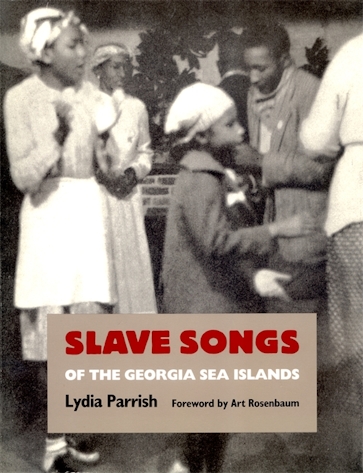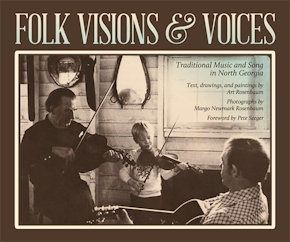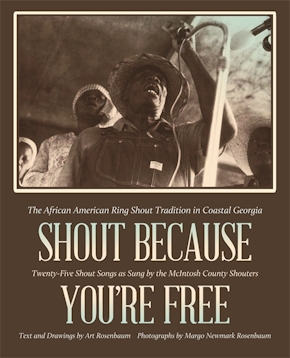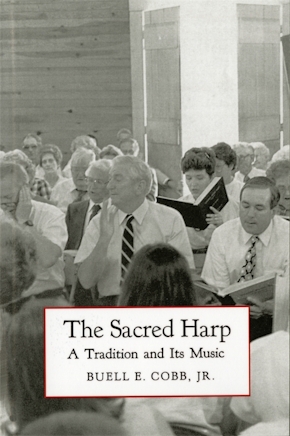Slave Songs of the Georgia Sea Islands
Title Details
Pages: 320
Illustrations: 36 illus.
Trim size: 8.500in x 11.000in
Formats
Paperback
Pub Date: 03/01/1992
ISBN: 9-780-8203-2389-3
List Price: $34.95
Series
Related Subjects
MUSIC / Genres & Styles / Folk & Traditional
Other Links of Interest
• Learn more about Gullah culture at the New Georgia Encyclopedia
Slave Songs of the Georgia Sea Islands
Skip to
- Description
- Reviews
A valuable collection of folk music and lore from the Gullah culture, Slave Songs of the Georgia Sea Islands preserves the rich traditions of slave descendants on the barrier islands of Georgia by interweaving their music with descriptions of their language, religious and social customs, and material culture.
Collected over a period of nearly twenty-five years by Lydia Parrish, the sixty folk songs and attendant lore included in this book are evidence of antebellum traditions kept alive in the relatively isolated coastal regions of Georgia.
Over the years, Parrish won the confidence of many of the African-American singers, not only collecting their songs but also discovering other elements of traditional culture that formed the context of those songs. When it was first published in 1942, Slave Songs of the Georgia Sea Islands contained much material that had not previously appeared in print.
The songs are grouped in categories, including African survival songs; shout songs; ring-play, dance, and fiddle songs; and religious and work songs. In additions to the lyrics and melodies, Slave Songs includes Lydia Parrish's explanatory notes, character sketches of her informants, anecdotes, and a striking portfolio of photographs.
Reproduced in its original oversized format, Slave Songs of the Georgia Sea Islands will inform and delight students and scholars of African-American culture and folklore as well as folk music enthusiasts.
Parrish's understanding of the African sources of African-American culture on the Georgia coast was far in advance of most thinking at the time. . . . Her deep understanding and abiding respect for African-American culture is far more striking to the modern reader than are her occasional nods to the shibboleths of the fashionable criticism of her era.
—Charles Joyner
A valuable contribution to our knowledge of American Negro folklore and folksong.
—New York Times Book Review
A book of considerable merit . . . seemingly done with as much affection as musical and intellectual interest.
—Boston Globe
Parrish has made a contribution not so much in what she has collected and published but in showing an unwilling world what is necessary to be done to understand these people and their contributions.
—Journal of Negro History



